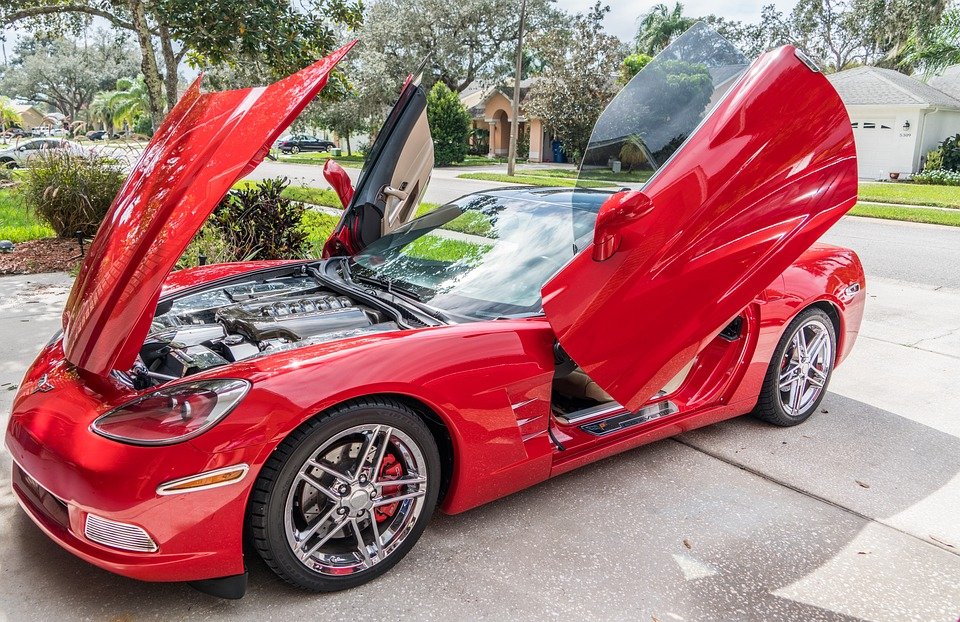The Rise of Sustainable Luxury: Eco-Friendly Practices in the High-End Market
In recent years, the luxury sector has undergone a transformative shift, embracing sustainable practices and challenging traditional notions of opulence. The rise of sustainable luxury reflects a growing awareness among consumers about the environmental and social impacts of their purchasing decisions. The high-end market is not just responding to a trend; it is redefining itself with eco-friendly initiatives that merge elegance with ethics, demonstrating that luxury and sustainability can go hand in hand.
Understanding Sustainable Luxury
Sustainable luxury encompasses the philosophy of providing high-quality, ethically produced goods while minimizing ecological footprints. It emphasizes responsible sourcing, eco-friendly materials, and production methods that respect labor rights and environmental standards. The aim is to create products that are not only desirable but also contribute positively to society and the planet.
A Shift in Consumer Expectations
Today’s luxury consumers are increasingly discerning, prioritizing brands that align with their values. Studies show that millennials and Gen Z, who will soon dominate luxury spending, are more likely to support businesses that demonstrate environmental stewardship. They seek transparency in the supply chain and favor brands that advocate for sustainable practices. This generational shift has prompted luxury brands to explore innovative ways to engage with their clientele through eco-conscious initiatives.
Key Strategies Embraced by Luxury Brands
-
Sustainable Materials: Many luxury brands are now prioritizing the use of sustainable materials, such as organic cotton, recycled polyester, and innovative textiles made from waste. For instance, high-fashion labels like Stella McCartney have long championed cruelty-free and vegan leather options.
-
Ethical Production: Brands are investing in fair labor practices, ensuring that artisans and workers are treated ethically and paid fairly. Companies like Gucci have implemented comprehensive supply chain audits to guarantee that ethical standards are upheld from production through to retail.
-
Circular Fashion: The concept of circularity is gaining traction, as brands work to reduce waste and promote recycling. High-end fashion houses are launching take-back programs where customers can return their used items for refurbishment or recycling. For example, Burberry has introduced a scheme that rewards customers for returning pre-owned goods.
-
Sustainable Packaging: The luxury market is also shifting towards sustainable packaging solutions. Companies are opting for recyclable, biodegradable, or reusable packaging materials, moving away from single-use plastics. Brands like Chopard have even embraced the aesthetic of simplicity in their packaging to highlight their commitment to sustainability.
- Carbon Neutrality and Beyond: Several luxury brands are now adopting ambitious goals to achieve carbon neutrality. Kering, the parent company of numerous luxury labels, has implemented a comprehensive sustainability strategy that includes measuring their environmental impact and committing to net-zero emissions by 2030.
Highlighting Trailblazers in Sustainable Luxury
Several brands have emerged as pioneers in the sustainable luxury movement, setting benchmarks for environmentally responsible practices.
-
Patagonia: While not a traditional luxury brand, Patagonia has set an industry standard for environmental responsibility. Their initiatives, including the Worn Wear program, encourage consumers to repair and recycle gear, promoting a sustainable consumer culture.
-
Tiffany & Co.: This iconic jewelry brand has made substantial strides in sourcing responsible gemstones and precious metals, and it aims to achieve sustainable sourcing across its entire supply chain by 2025.
- Gucci: With its “Gucci Equilibrium” initiative, the fashion house focuses on sustainability across all areas of its business, from supply chain sustainability to community engagement, demonstrating a holistic approach to luxury.
The Future of Sustainable Luxury
The future of sustainable luxury looks promising as more consumers prioritize ethical consumption. The fusion of technology and sustainability will play a significant role, with advancements in materials science enabling the creation of innovative eco-friendly textiles. Blockchain technology may also revolutionize transparency in the supply chain, allowing consumers to trace the origins of their luxury products.
As the luxury market evolves, it is increasingly evident that sustainable practices are no longer optional but essential for brand success. Companies that integrate sustainability into their core strategies are likely to flourish, inspiring a new era of luxury that is as conscientious as it is glamorous.
In conclusion, the rise of sustainable luxury represents more than a mere trend; it signifies a significant cultural shift within the high-end market. With a commitment to ethical practices and an awareness of environmental impacts, luxury brands are redefining opulence for a new generation of consumers who value both beauty and responsibility. The fusion of high-end fashion and sustainability not only enhances brand loyalty but also contributes to a more sustainable future for the luxury sector and the world at large.




